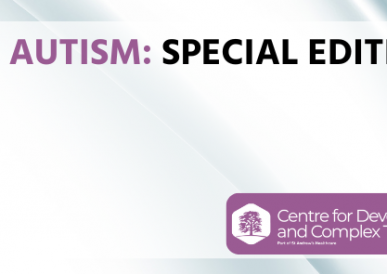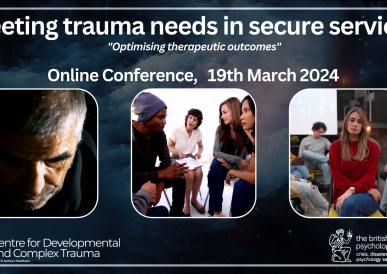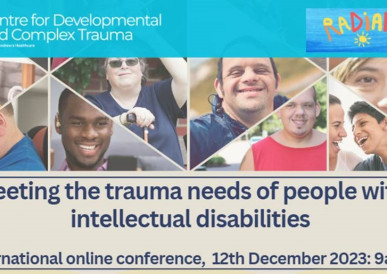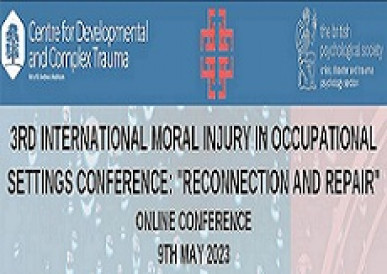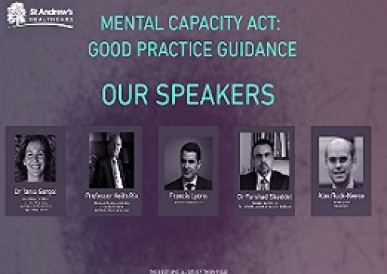Supported by Verity Chester, Editor of Advances in Autism, Deborah Morris, Director of the Centre for Complex and Developmental Trauma a St Andrew's Healthcare, had the privilege of guest editing a special edition to highlight current clinical and research work in meeting the trauma needs of autistic adults. The webinar hosted on 5th December 2024 included presentations from all authors of the special edition papers offering practical guidance, exploring the challenging diagnostic questions, empirically evaluating treatments and expanding the theoretical lens for improving our understanding of trauma in autistic people. The special edition, published in July 2024, is the most downloaded volume of the year.




